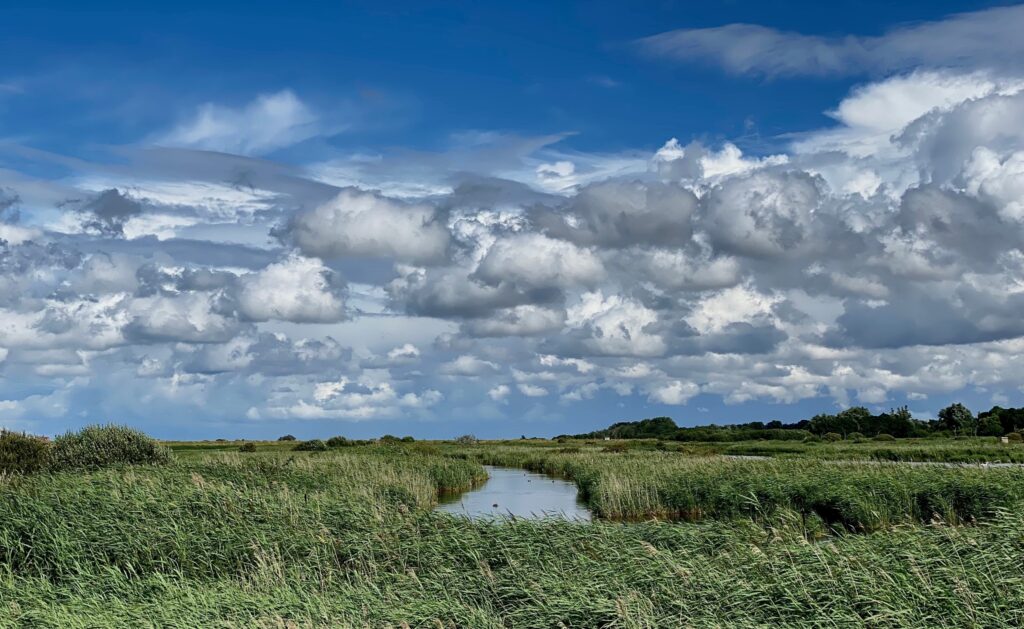Norfolk in August
You can perhaps see why I love it there.
Quote of the Day
”The media. It sounds like a convention of spiritualists.”
- Tom Stoppard in his play Jumpers
Musical alternative to the morning’s radio news
Crosby, Stills, & Nash – Suite Judy Blue Eyes
Long Read of the Day
9/11 Was a Warning for of What Was to Come
Characteristically thoughtful reflection on the attack by George Packer. It was, he argues, the first sign that the 21st century would be a period of shock and disaster.
September 11 dissolved this dream of being exempt from history. It had been a childish dream, and its end forced many Americans, perhaps for the first time, to consider the rest of the world. That morning, an investment banker escaped Ground Zero and staggered uptown into a church in Greenwich Village, where he began to shake and sob. A policeman put a hand on his shoulder and said, “Don’t worry, you’re in shock.” The banker replied, “I’m not in shock. I like this state. I’ve never been more cognizant in my life.”
We had not been thinking about the hijackers, but they had been thinking about us…
Great piece.
The Messy Truth About Carbon Footprints
By Sami Grover in Undark:
How much attention should each of us be paying to our individual carbon footprint? That question is the subject of a contentious debate that’s been raging in climate circles for quite some time.
In one camp stand folks like author Rebecca Solnit, whose recent op-ed for The Guardian argued that Big Oil invented carbon footprints as a deliberate attempt to “blame us for their greed.” The goal, she wrote, was to use relatively ineffectual calls for voluntary abstinence to distract the public from demanding systems-level interventions — like new taxes or the phasing out of gas-powered cars — that might meaningfully reduce society’s reliance on fossil fuels as a whole.
In the other camp are people like Polish researcher Michał Czepkiewicz, who assert that the concept of carbon footprints was simply co-opted by fossil fuel interests, and that it still has value in illuminating the vast inequality that exists between low- and high-carbon lifestyles. (A recent report from the anti-poverty organization Oxfam found that the wealthiest 10 percent of the global population — which includes the vast majority of people reading this op-ed — were responsible for more than 50 percent of global emissions between 1990 and 2015.)
The real truth, as is so often the case, is that more than one thing can be true at once.
Really good piece. Carbon footprints are useful in providing a metric for both measuring which individual actions are significant enough to meaningfully reduce emissions, and also for identifying where policy-level interventions might be most needed.
This blog is also available as a daily newsletter. If you think this might suit you better why not sign up? One email a day, Monday through Friday, delivered to your inbox at 7am UK time. It’s free, and there’s a one-button unsubscribe if you conclude that your inbox is full enough already!
